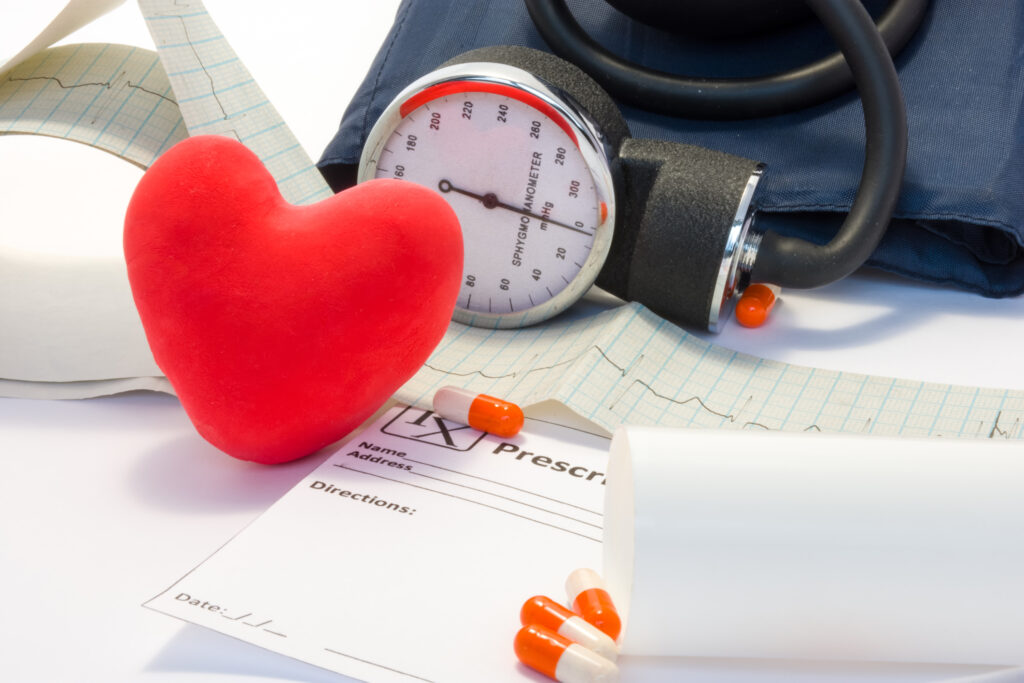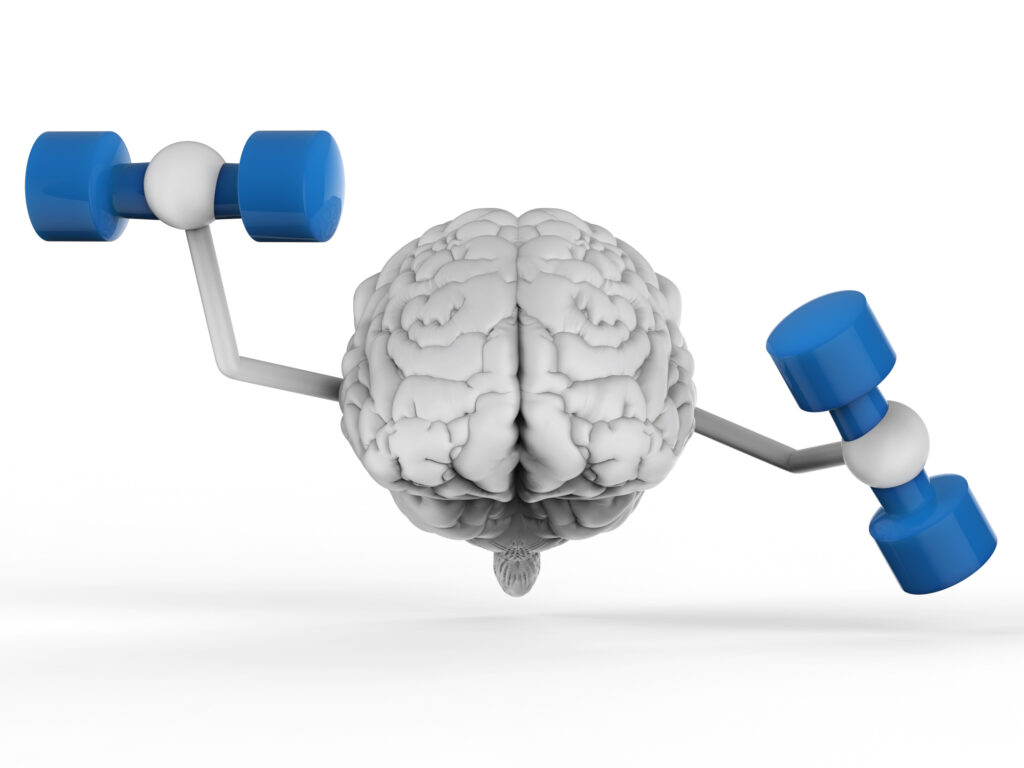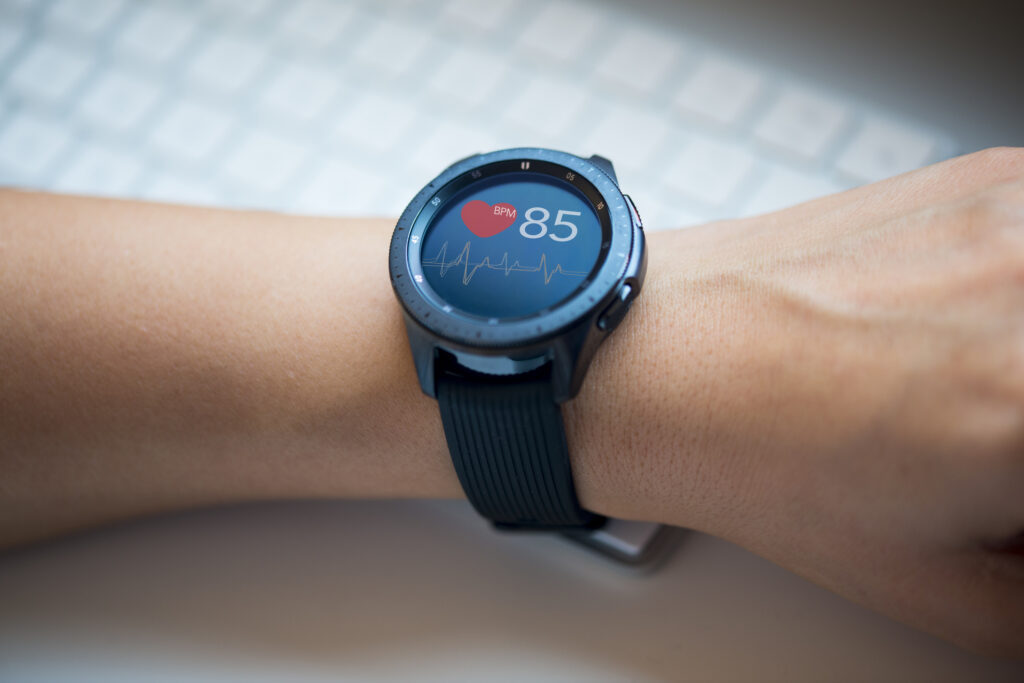
If you are thinking of starting to run or just started, you may be wondering how long it will take to get in shape. I wondered the same thing when I first started, but I didn’t have to wonder for long.
In general, you can usually see improvements in fitness after a couple of weeks of running. Within several weeks of consistent running, you should see changes in muscle tone, some fat loss, and running becomes easier. For more dramatic health results such as lowering cholesterol or to run a marathon, it will take several months or longer.
There seems no better way to get in shape quickly than by running. You get a full body workout, building both muscles and cardiovascular strength, in a relatively short amount of time. I think it’s the biggest bang for your buck health wise, but read on more information on how long it should take you to see results.
Good overall fitness shape
Everyone will progress at different rates, but every exercise session is beneficial for your overall health. How fast you see results will depend on many factors and your diet is a major one.
If you are eating reasonably healthy and watching your calorie intake, you should see many of the results below. It is also best to have three sessions each week of 30 minutes where you begin with a walk/run interval until you improve enough to run for the entire session. See my article here for how much you should be running as a beginner.
Weeks 1-2 of running
Immediate benefits after a run usually include a feeling of reduced stress and general improvement in mood. These both affect your overall fitness and contribute to a healthy body.
Stress causes all kinds of havoc on your body and immune system. Having a simple outlet like running to release some built-up tension is a welcome relief. Improvements in mood affect not only our relationships, but our physical health as well.
At two weeks of running, you will likely see performance improvements as you will be able to run for longer and/or faster. The improvements in your running speed are most dramatic in the first few weeks

From your very first workout your body is adapting to the new stresses of a running routine. There are good things happening from the cellular level to your heart rate and blood pressure as studies have found noticeable improvements after just 2 weeks to back this up.
Adaptations are also occurring in your muscles, hormones, and metabolism. These bodily responses continue throughout the days and weeks of running so the longer you continue to run, the more efficient you will be become.
Weeks 2 – 6 of running
You should start to see major improvements in your running, energy levels, and mood by now. If you have been eating sensibly and have a few extra pounds when you started, you may start to see some weight loss.
During this time, you should be able to run consistently for the 30 minutes without much soreness. For many this is a huge accomplishment and a sign of a good base level of physical fitness.
You should start to see more toning of the leg and butt muscles as you become stronger. Your cardiovascular system is also improving, and you may notice you are not as winded walking up a flight of steps.
You will notice you seem to have more energy throughout the day as supported by a study here. You will continue to notice improvements in your mood and may even be sleeping better at night.
Another study found that between 2-4 weeks your nervous system is much more efficient at being able to contract your muscles. You will likely see improvements in your speed as the largest improvements in pace are seen in the first few weeks of consistent running.

You will experience greater mental clarity and creativity. There is abundant research that shows there are many benefits for the brain when one exercises regularly. This is one of the main reasons I started to run, and I definitely noticed improvements which you can read about here.
6 weeks to 6 months of running
Between 6 weeks and 6 months you will start to see your running pace level off and you will need to work harder for more gains. This is normal and does not mean your fitness has plateaued.
The body has a preferred speed that is the most energy efficient for minimizing calories. This is why most of your normal runs will be about the same pace. See my article here for more information.
Despite your comfortable running pace starting to level off, you are still building mitochondria. In fact, you may have 50% more between weeks 6-8. Mitochondria aid in the production of energy which contributes to your endurance improving.
Between weeks 12-16 most exercise scientists say this is when you should start to see more noticeable results from an exercise program. Your leg and butt muscles will be more defined and stronger, you may see more weight loss, and your aerobic engine continues to improve.

As mentioned earlier if you stick with a healthy diet and don’t overeat with unhealthy foods to compensate for the extra calories being burned, you should see improvements in your blood work, heart rate, and other health metrics.
Key Takeaways
Everyone will progress at different rates as body composition, current fitness level, age, and other factors all impact the progress we make. Regardless of where you start or when you start, every exercise session is beneficial for your overall health.
The best way to measure your progress with a new running routine is to keep some basic metrics that you can track over time. See here for some simple tests to you perform to see your progress and set some goals.
Running has so many benefits to the mind, body, and soul that adopting a running routine is a great way to start getting in shape today. The benefits are cumulative so be patient as any new exercise program will take time before you may see the results you are hoping for.